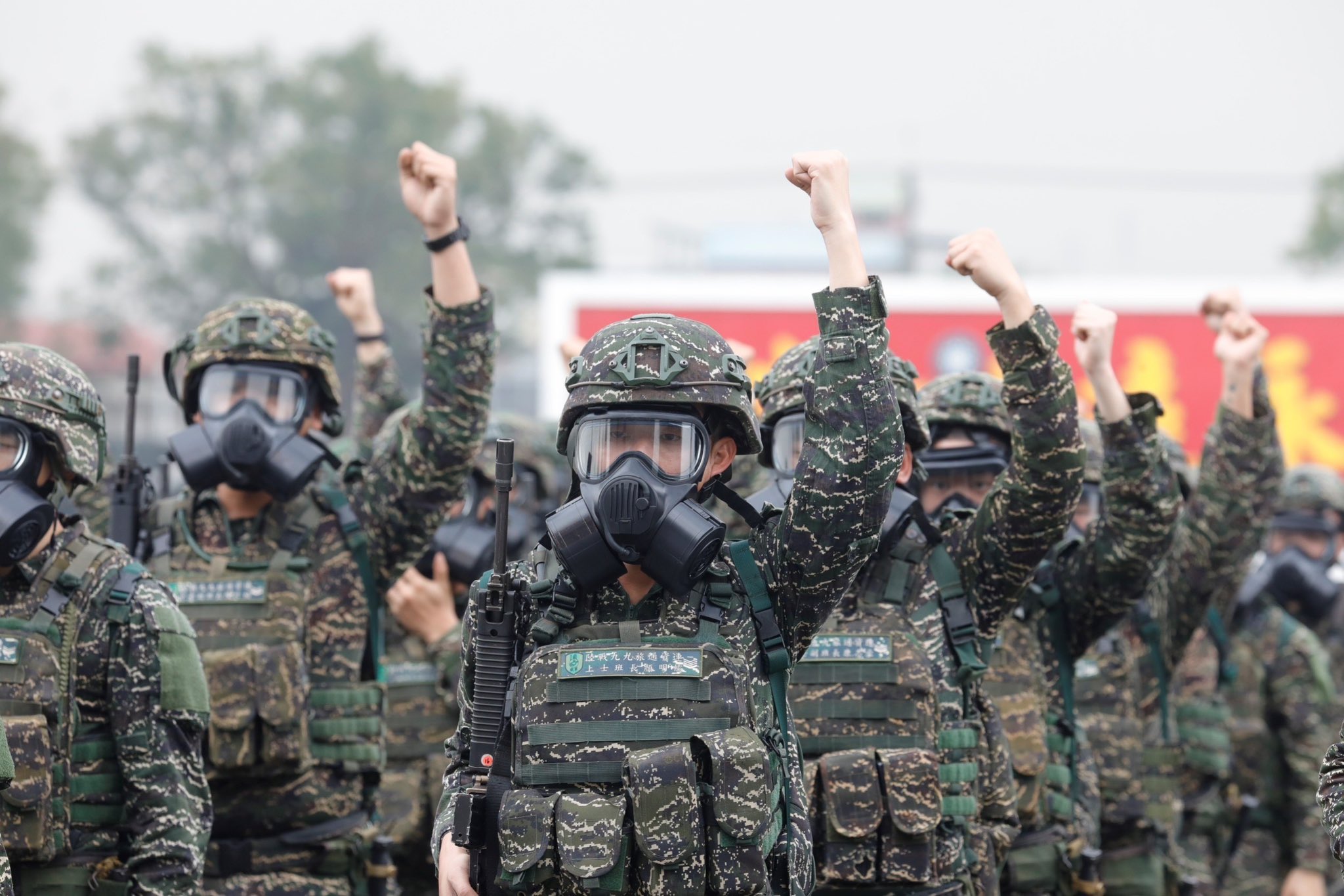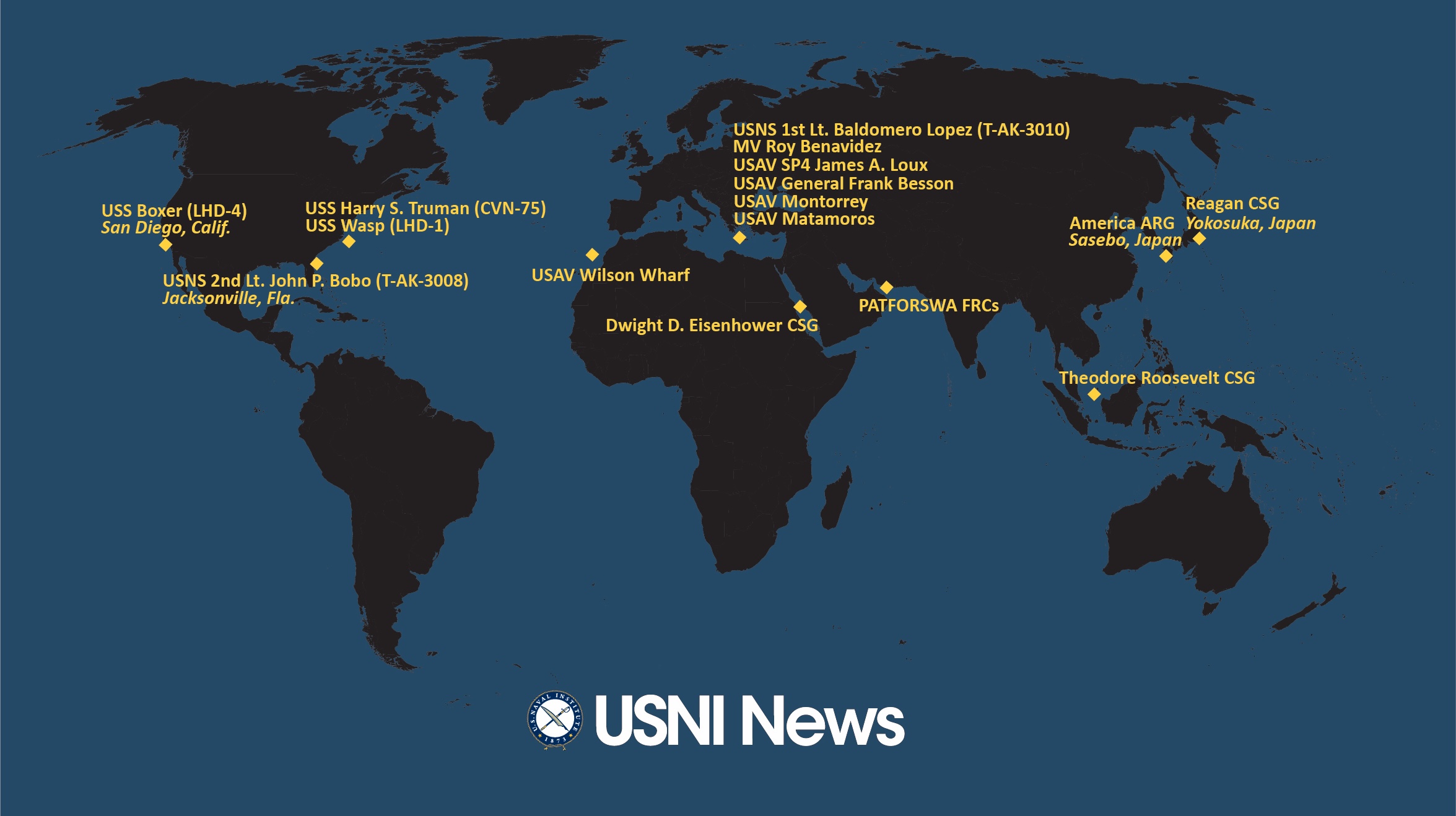The following is an unclassified version of the Biden administration’s National Security Strategy released on Oct. 12, 2022.
From the report
We are now in the early years of a decisive decade for America and the world. The terms of geopolitical competition between the major powers will be set. The window of opportunity to deal with shared threats, like climate change, will narrow drastically. The actions we take now will shape whether this period is known as an age of conflict and discord or the beginning of a more stable and prosperous future.
We face two strategic challenges. The first is that the post-Cold War era is definitively over and a competition is underway between the major powers to shape what comes next. No nation is better positioned to succeed in this competition than the United States, as long as we work in common cause with those who share our vision of a world that is free, open, secure, and prosperous. This means that the foundational principles of self-determination, territorial integrity, and political independence must be respected, international institutions must be strengthened, countries must be free to determine their own foreign policy choices, information must be allowed to flow freely, universal human rights must be upheld, and the global economy must operate on a level playing field and provide opportunity for all.
The second is that while this competition is underway, people all over the world are struggling to cope with the effects of shared challenges that cross borders—whether it is climate change, food insecurity, communicable diseases, terrorism, energy shortages, or inflation. These shared challenges are not marginal issues that are secondary to geopolitics. They are at the very core of national and international security and must be treated as such. By their very nature, these challenges require governments to cooperate if they are to solve them. But we must be clear-eyed that we will have to tackle these challenges within a competitive international environment where heightening geopolitical competition, nationalism and populism render this cooperation even more difficult and will require us to think and act in new ways.
This National Security Strategy lays out our plan to achieve a better future of a free, open, secure, and prosperous world. Our strategy is rooted in our national interests: to protect the security of the American people; to expand economic prosperity and opportunity; and to realize and defend the democratic values at the heart of the American way of life. We can do none of this alone and we do not have to. Most nations around the world define their interests in ways that are compatible with ours. We will build the strongest and broadest possible coalition of nations that seek to cooperate with each other, while competing with those powers that offer a darker vision and thwarting their efforts to threaten our interests.
Our Enduring Role
The need for a strong and purposeful American role in the world has never been greater. The world is becoming more divided and unstable. Global increases in inflation since the COVID-19 pandemic began have made life more difficult for many. The basic laws and principles governing relations among nations, including the United Nations Charter and the protection it affords all states from being invaded by their neighbors or having their borders redrawn by force, are under attack. The risk of conflict between major powers is increasing. Democracies and autocracies are engaged in a contest to show which system of governance can best deliver for their people and the world. Competition to develop and deploy foundational technologies that will transform our security and economy is intensifying. Global cooperation on shared interests has frayed, even as the need for that cooperation takes on existential importance. The scale of these changes grows with each passing year, as do the risks of inaction.
Although the international environment has become more contested, the United States remains the world’s leading power. Our economy, our population, our innovation, and our military power continue to grow, often outpacing those of other large countries. Our inherent national strengths—the ingenuity, creativity, resilience, and determination of the American people; our values, diversity, and democratic institutions; our technological leadership and economic dynamism; and our diplomatic corps, development professionals, intelligence community, and our military—remain unparalleled. We are experienced in using and applying our power in combination with our allies and partners who add significantly to our own strengths. We have learned lessons from our failures as well as our successes. The idea that we should compete with major autocratic powers to shape the international order enjoys broad support that is bipartisan at home and deepening abroad.
The United States is a large and diverse democracy, encompassing people from every corner of the world, every walk of life, every system of belief. This means that our politics are not always smooth—in fact, they’re often the opposite. We live at a moment of passionate political intensities and ferment that sometimes tears at the fabric of the nation. But we don’t shy away from that fact or use it as an excuse to retreat from the wider world. We will continue to reckon openly and humbly with our divisions and we will work through our politics transparently and democratically. We know that for all of the effort that it takes, our democracy is worth it. It is the only way to ensure that people are truly able to live lives of dignity and freedom. This American project will never be complete—democracy is always a work in progress—but that will not stop us from defending our values and continuing to pursue our national security interests in the world. The quality of our democracy at home affects the strength and credibility of our leadership abroad—just as the character of the world we inhabit affects our ability to enjoy security, prosperity, and freedom at home.
Our rivals’ challenges are profound and mounting. Their problems, at both home and abroad, are associated with the pathologies inherent in highly personalized autocracies and are less easily remedied than ours. Conversely, the United States has a tradition of transforming both domestic and foreign challenges into opportunities to spur reform and rejuvenation at home. This is one reason that prophecies of American decline have repeatedly been disproven in the past—and why it has never been a good bet to bet against America. We have always succeeded when we embrace an affirmative vision for the world that addresses shared challenges and combine it with the dynamism of our democracy and the determination to out-compete our rivals.
Download the document here.





